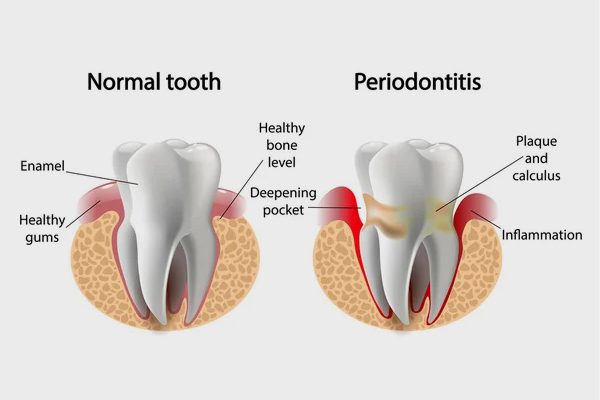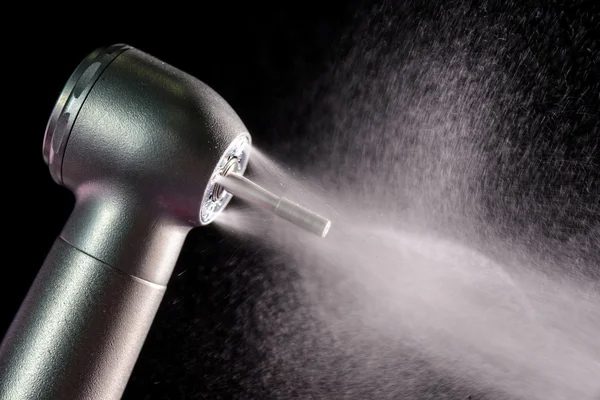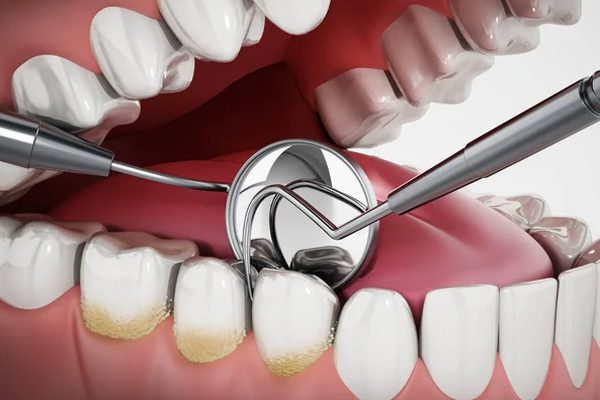What Is Periodontal Maintenance?
Periodontal maintenance is a preventive measure that helps maintain periodontal health and prevent future gum disease. It involves regular visits to the dentist or periodontist for professional cleanings and exams. During these visits, plaque and tartar buildup are removed from below the gumline along with any other deposits of bacteria discovered. The goal of periodontal maintenance is to remove any existing bacteria before it can cause further damage, as well as monitor overall oral health.
Depending on the individual needs of the patient, additional treatments such as scaling, root planing, antibiotic therapy, and laser treatment may be recommended in order to help manage periodontal disease. Additionally, it’s important for patients to practice good oral hygiene habits at home between visits, such as brushing and flossing regularly.
With regular periodontal maintenance and a commitment to good oral hygiene, patients can help keep their gums healthy for years to come.



